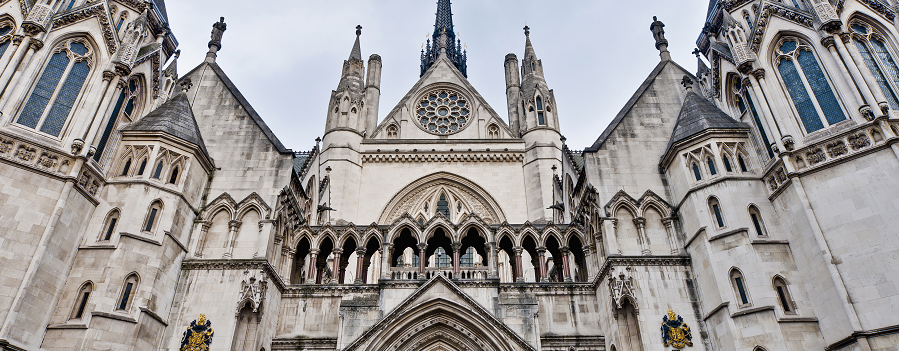Posted Wednesday 2nd June 2021
In Infinity Distribution Ltd (In Administration) v Khan Partnership LLP [2021] EWCA Civ 565 the Court of Appeal considered the principles used to establish the form in which security for costs was to be provided.
The case was between a supplier of mobile telephones (“Infinity”) and their former solicitors The Khan Partnership (“TKP”). TKP was awarded security for costs in respect of a negligence claim, in the sum of £350,000. Infinity proposed to give security for costs in the form of an existing ’after the event’ (“ATE”) policy including a deed of indemnity from their funders, Ironshore.

The original premium charged on the ATE policy was £120,000. However, Ironshore were only willing to provide the deed of indemnity sought by TKP if Infinity’s ATE cover was increased to the same sum. This would involve an additional premium of £195,000, increasing the original premium to £315,000, which Infinity would seek to recover from TKP if successful at trial.
This form of security for costs was accepted and upheld on first appeal at the High Court. The Court held that the amount and potential recovery of the ATE premium from TKP was not relevant.
TKP brought a second appeal in the Court of Appeal, on the following grounds:
The Court of Appeal agreed with these grounds and allowed the appeal. The Court ordered Infinity to provide security instead by way of a payment into court.
The case is useful in providing guidance on the manner and form in which security for costs is to be provided. It also highlights the principle that the court must take into account the consequences for both parties when considering all aspects of security for costs orders.
The case also provides helpful guidance for claimants wishing to avoid being ordered to pay security in a specific manner, for example, by means of a payment into court as in this case. Claimants must provide solid evidence to show that it would make it difficult or impossible for them to pursue the claim.
This article is for reference purposes only. It does not constitute legal advice and should not be relied upon as such. Specific legal advice about your specific circumstances should always be sought separately before taking or deciding not to take any action.

“Joelson are hugely supportive of our objectives and campaign for gender balance, providing professional, clear and helpful advice. They are a key partner in our journey.”